best place for buying mature fruit trees?
johnsalvo
15 years ago
Featured Answer
Comments (12)
turtleman49
15 years agoRelated Professionals
Fort Lee Landscape Architects & Landscape Designers · Jennings Landscape Architects & Landscape Designers · Arlington Landscape Contractors · Columbine Landscape Contractors · El Segundo Landscape Contractors · Goodlettsville Landscape Contractors · Mastic Beach Landscape Contractors · Nashua Landscape Contractors · New Cassel Landscape Contractors · North Chicago Landscape Contractors · Oak Forest Landscape Contractors · Palatine Landscape Contractors · Sun City Center Landscape Contractors · Waldorf Landscape Contractors · Whitehall Landscape Contractorsboizeau
15 years agothisisme
15 years agobrandon7 TN_zone7
15 years agothisisme
15 years agojohnsalvo
15 years agojbclem
15 years agoalan haigh
9 years agoKonrad..just outside of Edmonton Alberta
9 years agoalan haigh
9 years agofarmerwannab69
8 years ago
Related Stories
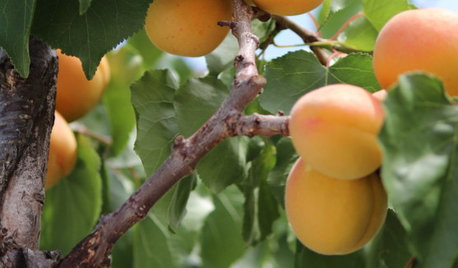
FARM YOUR YARDIf You Have Room for Only One Fruit Tree ...
Juice up a small garden with one of these easier-care or worth-the-effort fruit trees for a mild climate
Full Story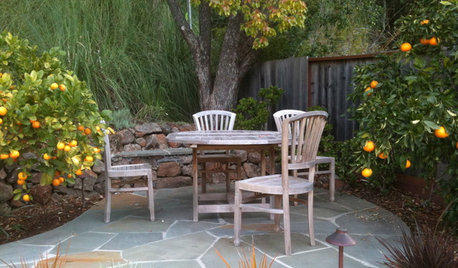
GARDENING AND LANDSCAPINGCrazy for Fruit Trees
Whether a single citrus or a mini apple orchard, even the smallest landscape space can bear deliriously delicious fruit
Full Story
EDIBLE GARDENSHow to Grow 10 Favorite Fruit Trees at Home
Plant a mini orchard in fall, winter or early spring to enjoy fresh-off-the-tree fruit the following year
Full Story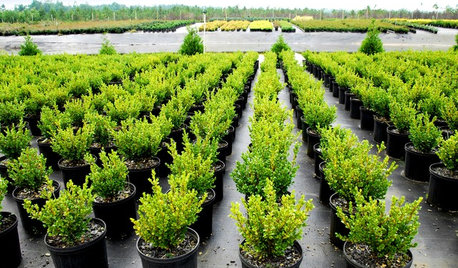
TREESHow to Buy Healthy Trees and Shrubs
A healthy young plant with a strong form is more likely to do well in your yard. Here’s what to look for at the nursery
Full Story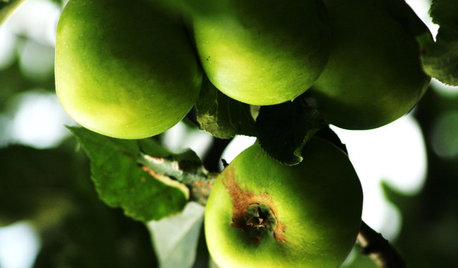
EDIBLE GARDENSHow to Add an Apple Tree to Your Edible Garden
Readily available, beautiful and fragrant, apple trees offer four-season interest along with crisp, juicy fruit
Full Story
GARDENING GUIDESHow to Keep Your Citrus Trees Well Fed and Healthy
Ripe for some citrus fertilizer know-how? This mini guide will help your lemon, orange and grapefruit trees flourish
Full Story
MOST POPULARHow to Get Rid of Those Pesky Summer Fruit Flies
Learn what fruit flies are, how to prevent them and how to get rid of them in your home
Full Story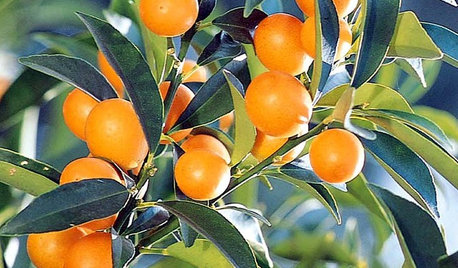
FALL GARDENING5 Fall Fruits You Can Grow in Containers
Brighten your porch or patio with a potted pomegranate, kumquat, blueberry bush or another great fall fruit
Full Story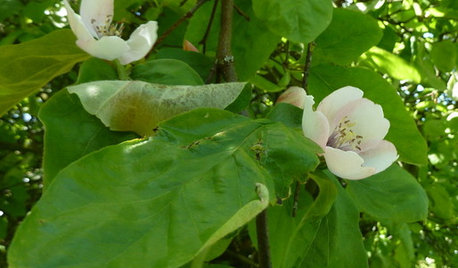
EDIBLE GARDENSWhy Grow Quince? For Beauty, Fragrance and Old-Time Flavor
Delightfully perfumed fruit and lovely spring blossoms make this apple and pear cousin worth a spot in the garden
Full Story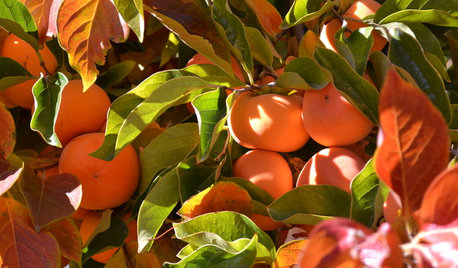
FRUIT TREESHow to Grow Your Own Persimmons
Sturdy and easy to care for, these trees offer bright fruit through winter — and keeping them in bounds is no sweat
Full StoryMore Discussions






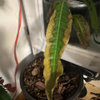
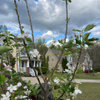
sautesmom Sacramento